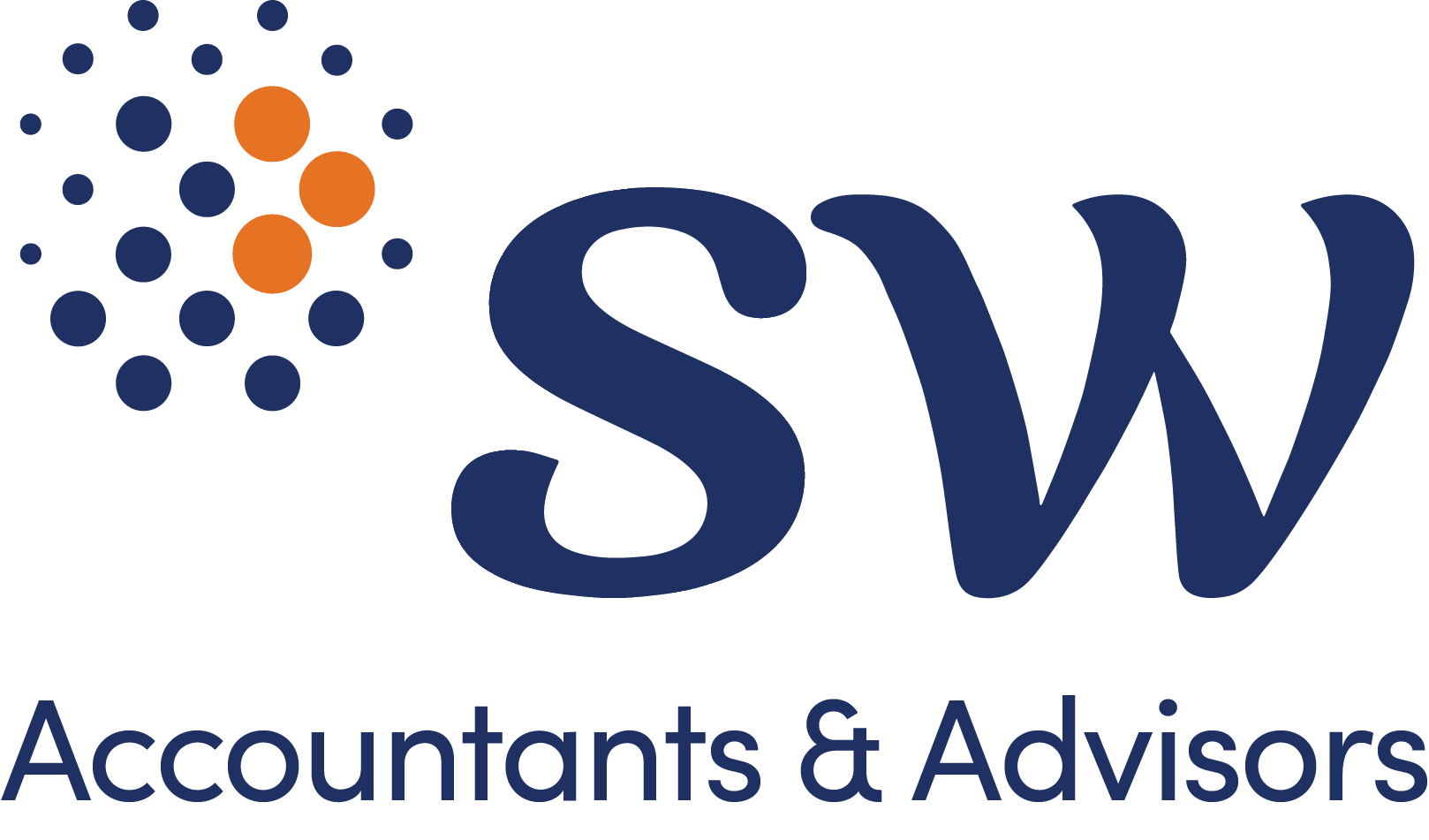
Victorian private schools navigate new payroll tax norms
06/10/2023
With new legislation on the horizon, large Victorian private schools traditionally exempt from payroll tax, are facing a substantial shift in operational norms.
This paradigm shift for Victorian non-profit private schools mandates proactive measures in establishing processes and templates, upskilling staff, and addressing potential challenges, ensuring a seamless transition into compliance with payroll tax obligations. While other jurisdictions have not announced any similar changes, the Victorian legislation paves the way for other jurisdictions to follow suit.
Starting from 1 July 2024, Victorian non-profit private schools with an income per student exceeding $15,000 will be subject to payroll tax. Employers must assess their own liability for payroll tax, regularly submit returns and make payments, typically monthly, to the Victorian SRO.
While navigating these changes seem supposedly straightforward, there is a good reason the SRO is one of the most active agencies with their data matching and compliance programs. Schools need to ensure that processes are well designed, to avoid common errors, minimising manual input and intervention and align with other submissions to other Government authorities (e.g. workers compensation, trainees and STP). This will also prevent overburdening existing employees with another time-consuming monthly process.
How to prepare for payroll tax changes
At a high level, schools newly subject to payroll tax will need to take steps before the obligations begin, including:
- register for payroll tax and PTX express
- review internal systems, processes and data to address risk areas such as:
- treatment of pay codes | ensure that pay codes are set up correctly to accurately disclose taxable wages in the required categories, including salaries, commissions, leave, allowances, superannuation, and more
- treatment of contractors | the relevant contract provisions extend payroll tax obligations to all service-based arrangements, with taxpayers needing to assess each non-employee worker against a series of 8 exclusions
- grouping | The payroll tax grouping provisions can be complex, and if caught can result in the reduction of available payroll tax thresholds
- data matching and investigation risks | it is not sufficient to get the taxable wage amount correct. Schools should ensure that disclosures align with other submissions to minimise the risk of investigation.
- understand their systems and available data and developing a robust monthly process, including:
- a process and documentation for data extraction and review
- a working template for calculations
- a review and lodgement process and controls
- documentation of important payroll tax positions, process and methodology.
- maintain ongoing processes for compliance with changing law and regular testing of existing processes.
How SW can help
As this is uncharted territory for many schools, our SW payroll tax experts are offering a comprehensive package to assist school finance teams get up and running with their payroll tax processes. This package includes:
- understanding the payroll systems and data, as well as the process for engaging contractors.
- working with the team to get detailed descriptions of pay codes and determine payroll tax positions (including recommendations to restructure pay codes if needed).
- designing an Excel-based model (e.g. using PowerQuery/PowerPivot) in conjunction with the school for monthly and annual payroll tax reconciliations. This template is designed to source information from raw data files (e.g. payroll reports) and produce the required breakdown for payroll tax returns with minimal manual manipulation.
- documentation of methodology and positions (including a matrix of pay codes, descriptions and payroll tax positions).
- payroll tax training for staff members including use of the model.
- assistance with the preparation of the first payroll tax return and ad hoc support for 6 months for queries that arise after handover process
- review of the first annual payroll tax reconciliation.
We offer complementary initial discussions for us to understand the school systems and processes as well as data sources as well as highlight discuss any risk areas.
Contributors

